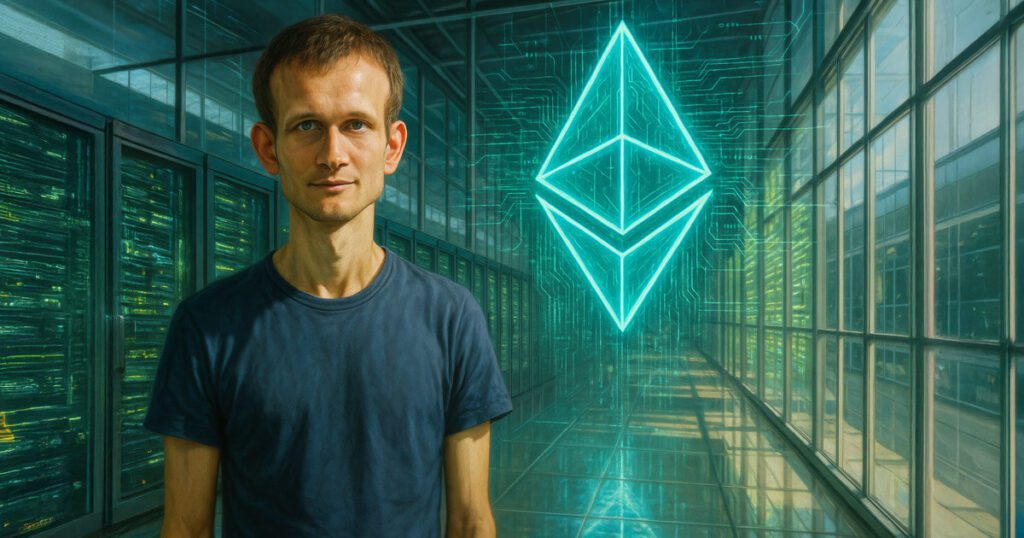
The co-founder Ethereum Vitalik Buterin has submitted a new proposal to make the nodes of the Blockchain network more efficient and accessible.
In a research blog article on May 19, Buterin argued that the long -term health of the network depends on the capacity of users to execute personal nodes, which becomes more and more complex due to the increase in storage and bandwidth requirements.
According to Buterin, Ethereum nodes serve as a critical infrastructure for blockchain. They store transaction data, validate activity and help maintain decentralization.
However, the execution of a complete node has become a high intensity of resources as the network is evolving, pushing many users to rely on centralized remote procedural services (RPC) because:
“The general costs are impassable, and even after many improvements in efficiency, it is likely to remain expensive.”
Buterin stressed that this change threatens privacy, resistance to censorship and the fundamental principle of the decentralization of Ethereum.
For this reason, he underlined the need to preserve the ability to operate personal nodes while taking up the challenges of Ethereum growth.
He said:
“It is useful to have a complete node so that you can have a local RPC server that you can use to read the chain in a without confidence, resistant to censorship and user -friendly.”
Buterin proposed solutions for Ethereum nodes
To facilitate the functioning of the node, Buterin suggested prioritizing the proposal to improve Ethereum 4444 (EIP-4444). This would limit the quantity of historical data that a node must store at 36 days.
Meanwhile, he recommended a distributed storage solution that fragments and distributes the history through the network using erasure coding to ensure that older blockchain data remain available.
According to him:
“This guarantees the property that a” blockchain is eternal “without depending on centralized suppliers or to put heavy loads on node operators.”
Buterin also proposed to review the Ethereum gas pricing model. He thinks that the increase in the cost of gas for state creation, such as new storage slots, the deployment of contracts and the sending of ETH to inactive accounts, would discourage excessive data storage.
At the same time, the reduction in execution costs could help relieve the burden of the network.
Partially stateless knots
Meanwhile, a key higher point in Buterin’s proposal is the introduction of “partially stateless nodes”.
According to him, these nodes would not store the state of Ethereum complete but only a sub-assembly relevant for the needs of the user.
The co-founder Ethereum added that these nodes would always check the blocks and respond to data requests, but only for the part of the state they manage. He wrote:
“The node is capable of responding to RPC requests as long as the data required is in this state subset; Other requests will fail. “
For other data, Buterin said that node operators could use cryptographic tools or external services to preserve confidentiality and choice.
Mentioned in this article
(Tagstotranslate) Ethereum
Source link




